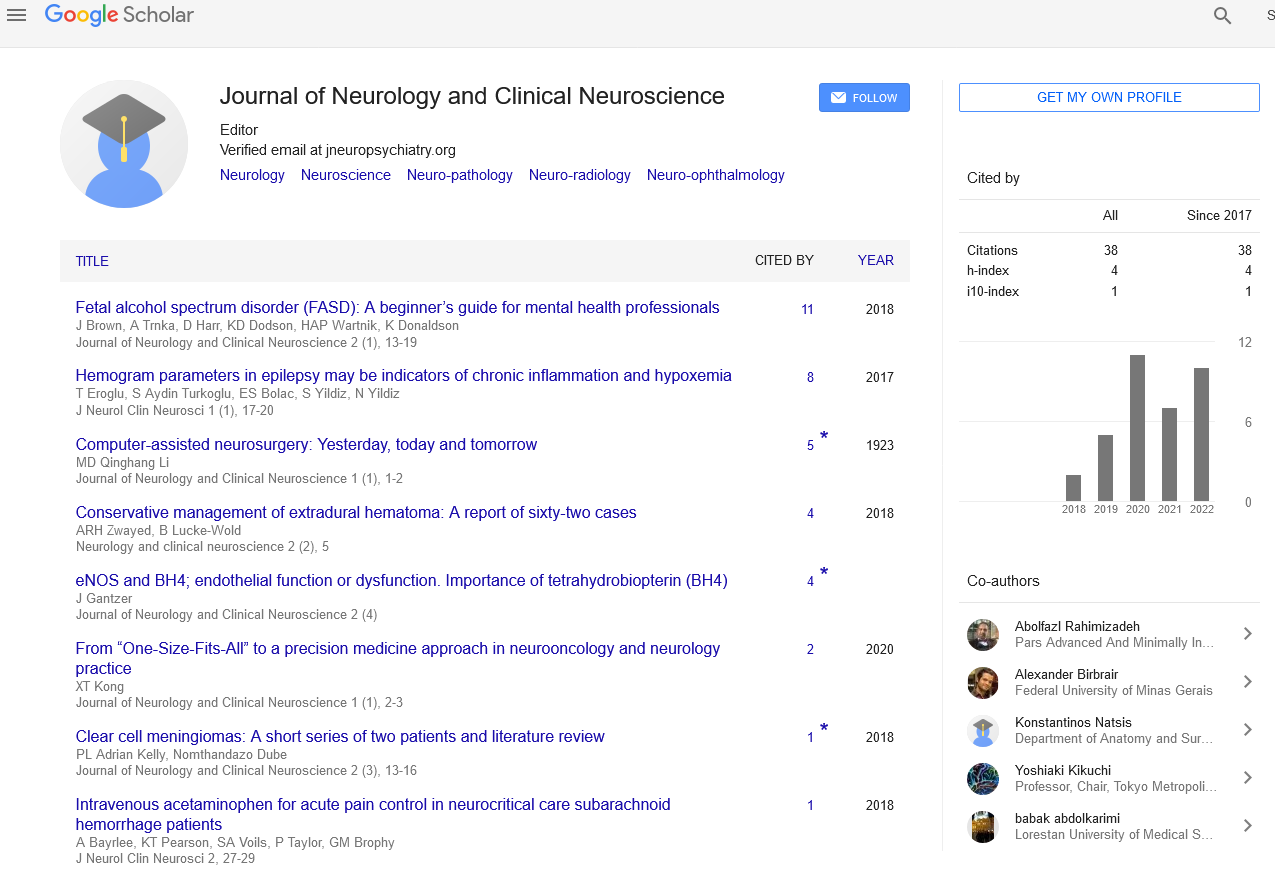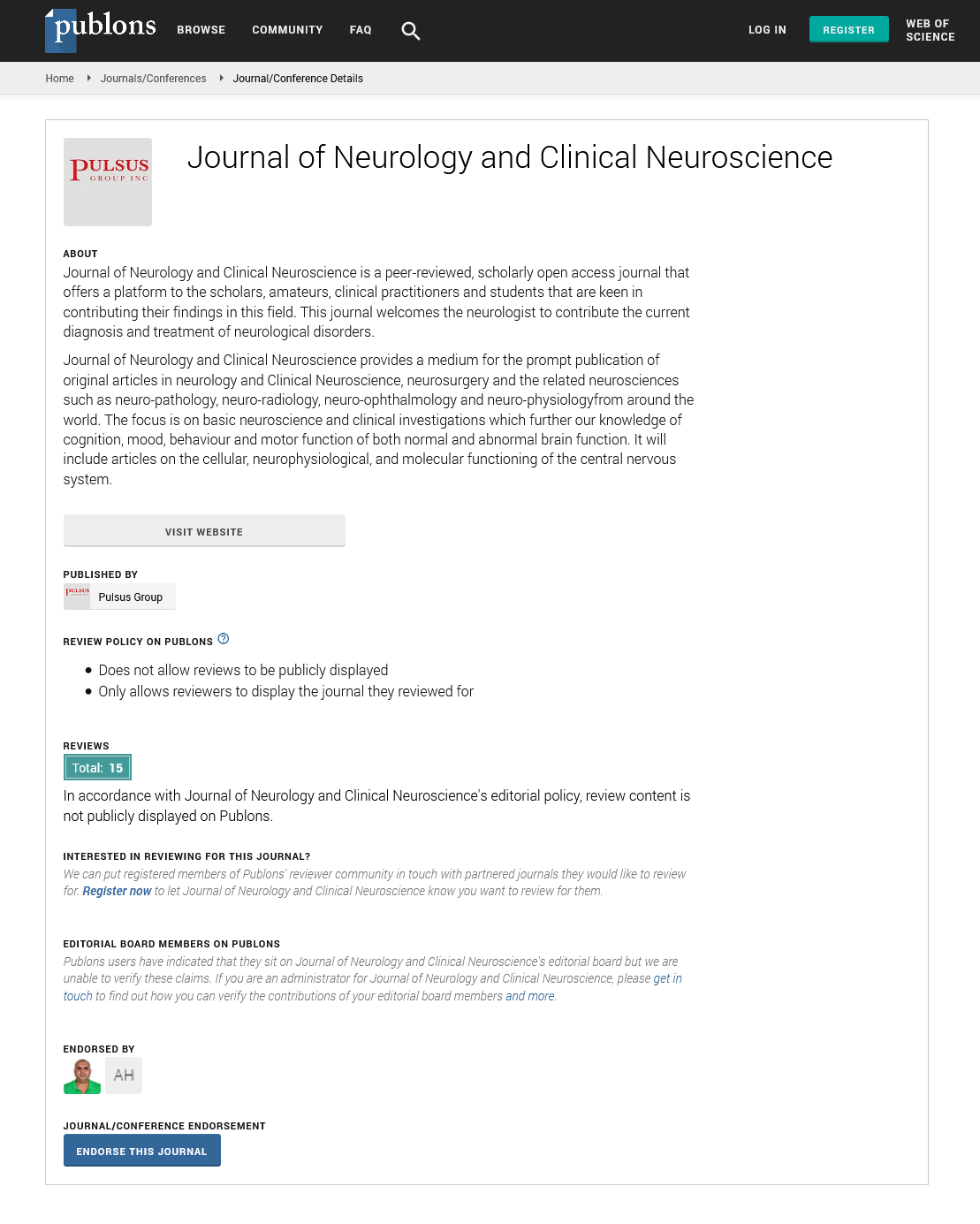Sign up for email alert when new content gets added: Sign up
Abstract
Academic procrastination, emotion regulation and emotional disorders among Jumeira university students, Dubai
Author(s): Mustafa AfifiBackground: Academic procrastination with its many causes is common at academic settings. Self-regulation deficit is one of these causes. Procrastination is a sort of emotional dysregulation i.e. a tendency to feel good now through delaying tasks rather than feeling bad. Therefore, to study procrastination we need to understand of the relationship of emotion regulation ruling out other contributing factors. Our aim is to investigate the association between emotional regulation and procrastination controlling for the level of depression, anxiety, OCD symptomatology among university students at Jumeira University, Dubai, UAE.
Methods: An interview of 160 female students from JU, Dubai using a questionnaire comprising of the following tools; Emotion regulation will be measured with the Difficulties in Emotion Regulation Scale (DERS).
Results: The majority of DERS subscales are significantly related anxiety and/or depression levels as well as procrastination scores in bivariate analysis using ANOVA test. In Multiple linear stepwise regressions, we had different predictors of procrastination in different regression models. However, Strategy as a subscale of DERS was still correlated with procrastination in the last model along with Obsessive Compulsive Disorder (OCD) scores. Those with good strategic planning skills are less likely to procrastinate where those with high OCD symptoms are more likely to procrastinate. ( Beta coefficient for both variables are .703, 13.476 respectively at p <0.001)
Conclusion: Academic procrastination is common in academic settings and is a tendancy to feel good now rather than feeling bad. The study proved that procrastination is related in bivariate and multivariate analysis to emotion regulation even after controlling for other predictors as depression and anxiety symptomatology.





